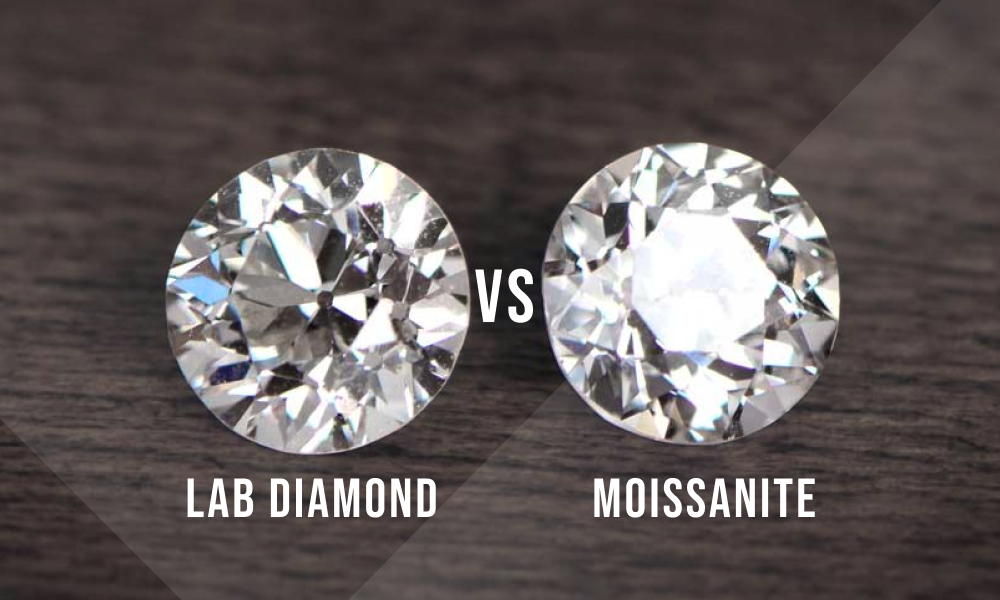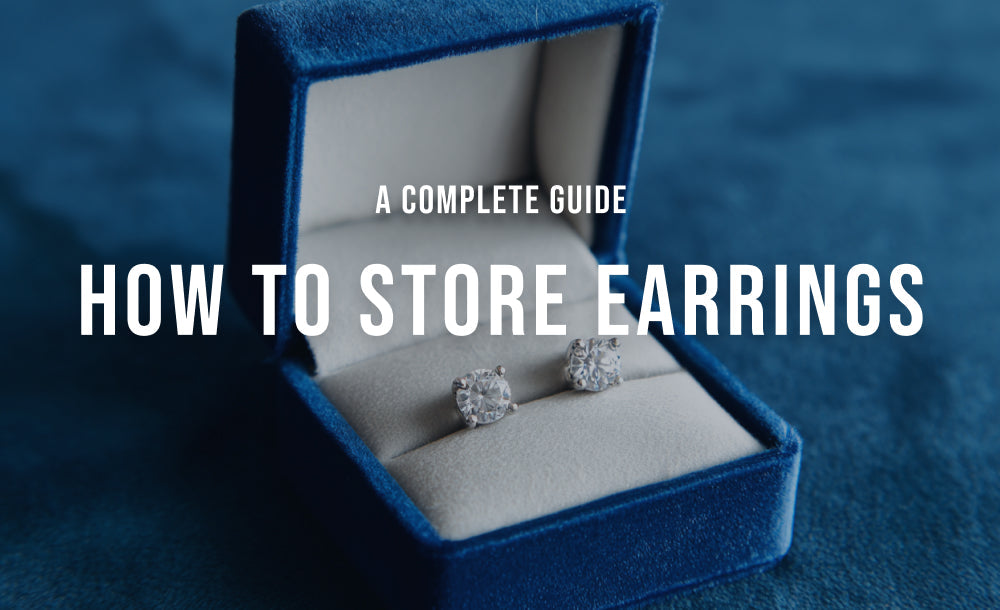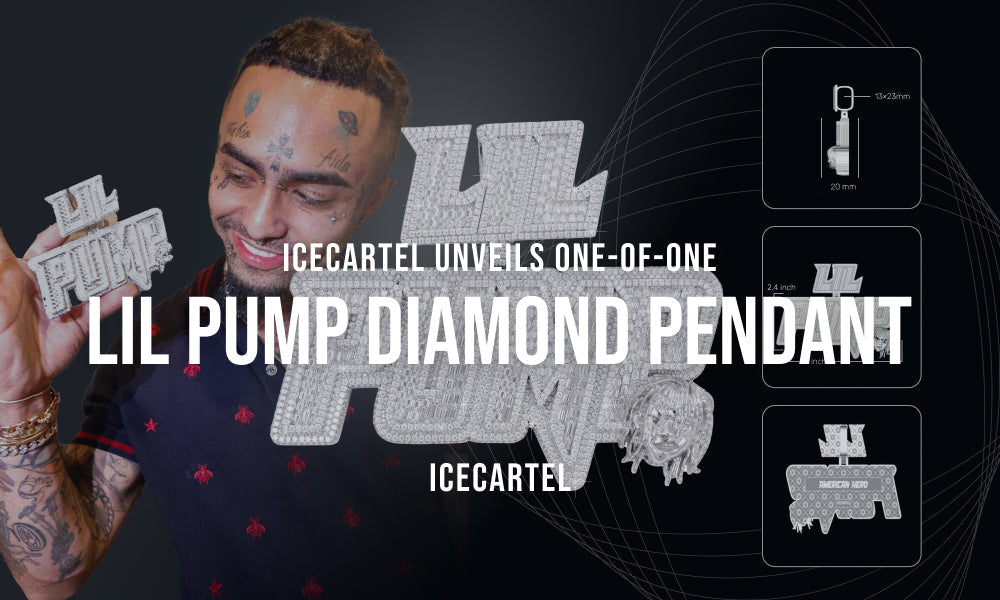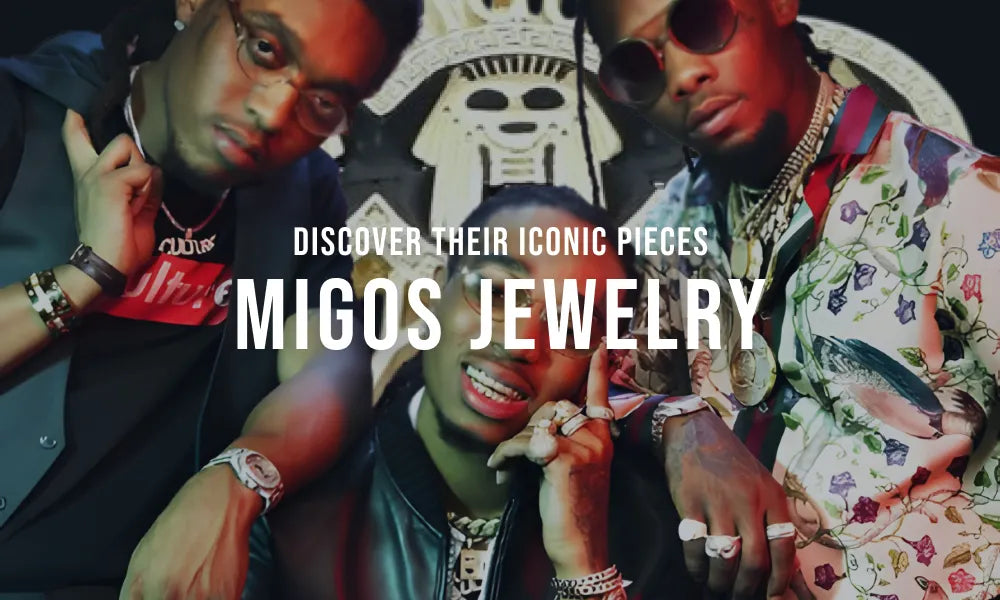Choosing the right engagement ring can be a daunting task, especially when faced with the choice between 14k vs 18k white gold. Your decision can greatly influence not only the ring’s aesthetic appeal but also its durability, value, and even its compatibility with sensitive skin. But fear not! We are here to help you navigate this intricate maze and make an informed decision.
Key Takeaways
👉 14k white gold contains 58.3% gold and is more durable due to its higher alloy content, making it suitable for everyday wear and for those on a moderate budget.
👉 18k white gold has a higher gold content at 75%, which gives it a richer color and increases its intrinsic value, but it is less durable and more expensive than 14k gold.
👉 Rhodium plating is applied to both 14k and 18k white gold to improve luster and appearance, and mitigate potential metal allergies, with 18k white gold being less likely to cause skin reactions due to its higher gold content.
Understanding the Purity of White Gold: 14k vs 18k
When you hear the term ‘gold quality,’ what comes to mind? It refers to the proportion of solid gold present in any type of gold, including white gold. This proportion, expressed as a percentage, is indicated by the karat system. The two most commonly used types for engagement rings are 14k and 18k white gold, but what exactly do these numbers mean?
We will now examine their compositions more closely.
The Composition of 14k White Gold

14k white gold is composed of 58.3% gold, with the remaining being a blend of other metal alloys. These alloys include:
-
nickel
-
palladium
-
platinum
-
manganese
-
copper
-
zinc
-
silver
These metals are often used in fine jewelry, including other fine jewelry made from other metals. The proportion of gold to these other metals significantly influences the 14k white gold’s strength, color, and durability.
A higher gold content may result in a softer material with a more yellow hue, while a lower gold content tends to enhance the alloy’s strength and durability. This is why yellow gold is often preferred for its balance of beauty and resilience.
The Composition of 18k White Gold

On the other hand, 18k gold comprises a larger proportion of pure gold - 75%, to be precise. This higher gold content imparts 18k white gold with a more pronounced, warmer golden shade, distinguishing it from other white gold variations. The increased gold content not only enhances its aesthetic appeal but also adds to its intrinsic value.
You might wonder if the higher gold content impacts the color and shine of the jewelry, especially when it comes to rose gold. Let’s explore this.
Color and Shine in White Gold Jewelry
The purity of gold has a direct impact on the color of white gold jewelry. The higher the purity, the more yellow the appearance. This means that 18k white gold, with its 75% gold content, may display a slightly deeper yellow hue compared to 14k white gold. However, to the unaided eye, the visual disparity in color between 14k and 18k white gold is minimal.
Both compositions use other metal alloys that affect their overall appearance, which makes them fitting for white gold rings. However, jewelers have a technique to boost the look of white gold - rhodium plating.
The Impact of Rhodium Plating

Rhodium, a valuable metal, is used to plate white gold or platinum jewelry, including wedding rings. This plating technique results in a heightened luster and a whitened aesthetic, making the surface look like platinum (more expensive than white gold). Once plated with rhodium, both 14k and 18k white gold exhibit a similar look.
The rhodium provides a white, shiny finish that masks the underlying gold tone, creating a uniform appearance regardless of the karat weight. Besides improving the appearance, rhodium plating:
-
Creates a protective barrier on white gold
-
Prolongs the jewelry’s longevity
-
Prevents scratches and tarnishing
-
Preserves its beauty and value.
NB! Rhodium plating requires replating after every few years.
Durability
In terms of durability, 14k white gold is frequently considered more robust than 18k white gold. Its higher alloy content makes it more resistant to nicks and scratches, making it a suitable choice for white gold engagement rings, especially if you’re considering a white gold ring worn daily.
However, over time, the non-gold metals in 14k gold may corrode or fade, while the higher gold content in 18k gold results in better material integrity and longevity.
Price and Value: Which Option is The Best Bang for the Buck
Gold content largely determines the price of white gold. As 18k white gold has a higher gold percentage, it’s pricier than 14k white gold. But does this mean 18k gold offers better value for money? Not necessarily.
While 18k gold has a richer color and higher gold content, 14k gold is more affordable and offers superior durability. It can also achieve a similar appearance to 18k gold once rhodium-plated, making it a suitable choice for a moderate budget.
Metal Allergies and Sensitive Skin
For those with metal allergies or sensitive skin, selecting the right type of white gold becomes critical. Metals such as nickel, copper, chromium, and cobalt, commonly found in the alloys used to create white gold, have the potential to cause skin allergies. In this regard, 18k white gold, due to its higher gold content, is less likely to cause metal allergies and skin reactions.
Therefore, if you have sensitive skin, it may be advisable to consider yellow gold options.
Which One Should You Choose?
So, which option is best for you? The fact that these two alloys are almost identical to the human eye, there are still some factors to consider:
-
If you have a tight budget or lead an active lifestyle, 14k white gold could be the ideal choice for you.
-
If you prefer the lustrous white hue of platinum and have a higher budget, 18k white gold could be your best bet.
-
However, if you have sensitive skin, it would be advisable to opt for 14k white gold or switch to yellow gold to minimize the likelihood of allergic reactions.
Icecartel's mission is to offer durable white gold jewelry. That's why we have focused on 14K white gold jewelry. Shop now and find yourself the perfect engagement ring today!
Summary
In conclusion, both 14k and 18k white gold have their unique advantages. 14k white gold offers superior durability and scratch resistance, making it ideal for everyday wear. It’s also more affordable, making it a popular choice for those on a budget. On the other hand, 18k white gold boasts a richer color due to its higher gold content, making it a classic choice for those seeking a bit of extra luxury. It’s also less likely to cause skin reactions, making it a safer option for those with sensitive skin.
Frequently Asked Questions
Is 18k white gold better than 14k white gold?
Yes, 18k white gold is better than 14k white gold because it has a higher gold content (75%) and is less prone to oxidization, resulting in a whiter and brighter appearance for jewelry. Also depending on the weight, 18k gold has usually higher resale value.
Can you visually tell the difference between 14k and 18k gold?
Yes, you can visually tell the difference between 14k and 18k gold by comparing their colors. 18k gold will have a richer yellow color, while 14k gold will appear a bit whiter. However the difference is so small that It might be difficult to differentiate these rings.
What are the cons of 14k white gold?
The main cons of 14k white gold jewelry include susceptibility to scratches when worn frequently and the need for re-plating to maintain its white color, although this process is straightforward.
How does rhodium plating impact the appearance of white gold?
Rhodium plating enhances the shine of white gold and masks its inherent yellow tones, giving both 14k and 18k white gold a similar appearance.
Which is more expensive - 14k or 18k white gold?
18k white gold is more expensive than 14k white gold due to its higher gold content.



































































